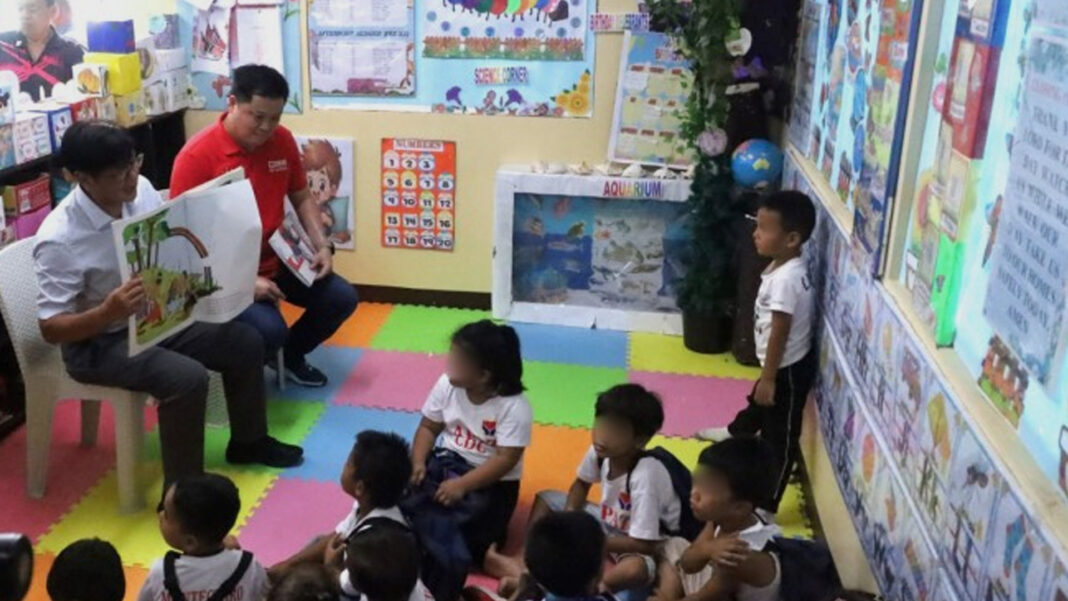A fourth-class municipality in Agusan del Norte continues to thrive under the Kapit-Bisig Laban sa Kahirapan–Comprehensive and Integrated Delivery of Social Services (KALAHI-CIDSS) of the Department of Social Welfare and Development (DSWD).
For the past 11 years, the town of Santiago has been a partner of KALAHI-CIDSS and is now reaping the program’s benefits.
“With a total of 42 sub-projects amounting to PHP60.152 million implemented, Santiago town is now capable of sustaining government projects to aid the daily struggles of the townsfolk,” KALAHI-CIDSS National Program Management Office Director Bernadette Mapue-Joaquin said in a statement Tuesday.
She said these projects include essential community facilities, infrastructure developments, and livelihood initiatives.
President Ferdinand R. Marcos Jr. witnessed the results of KALAHI-CIDSS in Santiago during his visit on Oct. 24.
Marcos, together with DSWD Secretary Rex Gatchalian, toured a child development center (CDC), one of the KALAHI-CIDSS sub-projects, where they were warmly received by residents and listened to stories from community members.
The visit also featured the distribution of a Starlink internet system and school bags to students.
Throughout the program’s implementation in Santiago, a total of 1,541 community volunteers (435 men and 1,106 women) have taken active leadership roles in committees that helped ensure the success of the program.
The experience, Mapue-Joaquin said, empowered volunteers by strengthening their leadership, organizational, and decision-making skills, in line with the administration’s thrust to uplift Filipino lives.
To ensure long-term outcomes, KALAHI-CIDSS integrates a Sustainability Evaluation Process (SEP) to determine if completed sub-projects remain properly maintained.
In Santiago, 60 sustainability evaluations have been conducted by the Multi-Sectoral Inspectorate Team (MSIT) and the community, consistently earning satisfactory and above ratings.
The program likewise opened livelihood opportunities. At least 869 individuals (617 men and 252 women) worked as paid laborers during sub-project implementation, with wages totaling PHP4.455 million.
Records showed that from July 2022 to August 2025, the program has completed 32,154 sub-projects with a total cost of PHP24.5 billion, directly benefiting 10,068,512 households.
The KALAHI-CIDSS is a program that uses a community-driven development (CDD) strategy to ensure people-centered development by providing assistance, capacity-building, and implementation support to poverty-disadvantaged and disaster-affected municipalities. (PNA)


